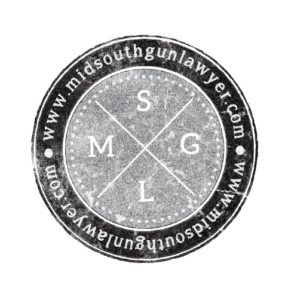Following the United States Supreme Court’s landmark cases in Heller and McDonald, the courts have slowly been recognizing that not all criminal convictions should operate as a lifetime ban on a felon’s – or maybe even a misdemeanor convict’s – fundamental right to own a firearm for self-defense. Although Mississippi has some procedures for restoring the right to own a gun, as discussed here, there are limitations.
Confronted with situations where someone has been convicted of a relatively minor crime, or been found temporarily mentally ill or incompetent, the courts are with increasing regularity restoring the right to own a gun once the person has recovered or demonstrated they are unlikely to pose a risk to themselves or others. Below is a partial list of some such cases:
DUI conviction not a lifetime ban
More about the Binderup decision
Nearly 30 year old felony for false statement not permanent disqualification
Mental health as-applied success

